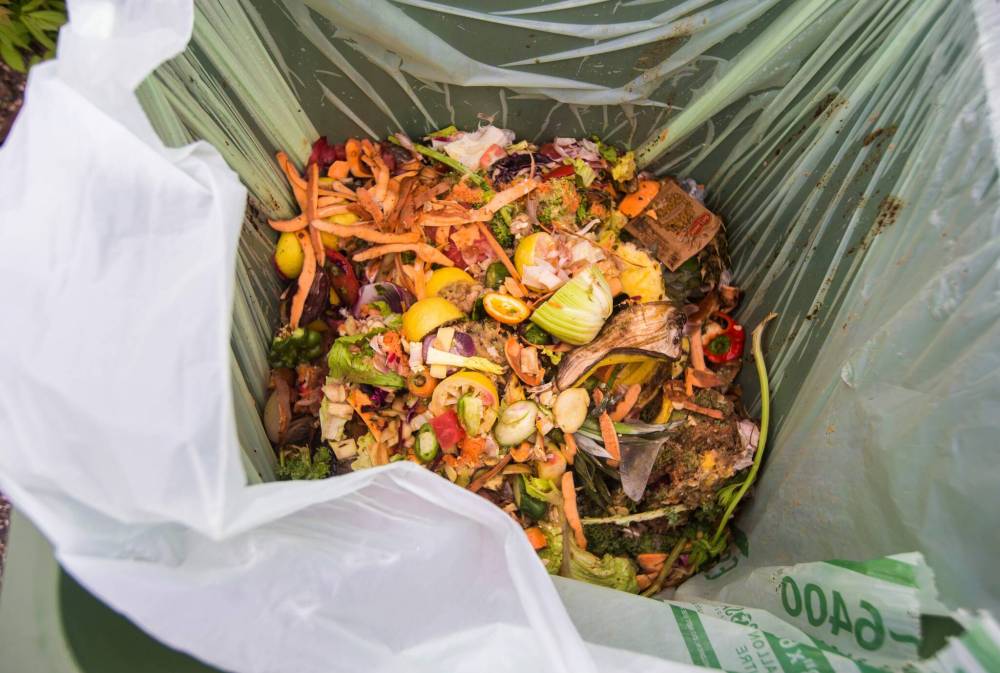
will start selling cars under its own brand in Australia in 2025, but the Chinese automotive giant is already well and truly up and running in our market. or signup to continue reading The Geely Group has ownership stakes in , , , , and , each of which is already present in Australia with its own range of products, dealer networks and workshop locations. When the Geely brand hits our shores next year, it will launch with the , a direct rival to the top-selling that is likely to be priced from around just $45,000, which will also help it undercut hybrid rivals from Toyota, Nissan and Mitsubishi, among others.
Vice president of Geely Auto, Michael Song, told the business isn't new to international export markets, and understands what it takes to succeed in a competitive environment like the Australian new-vehicle landscape. Mr Song further explained how the business intends to allow different marques to market their models in the same sales segment, as we've already seen with Volvo, Zeekr and Smart and the positioning of their related small electric SUVs – the , and , respectively. For instance, there's only $3000 separating the entry points of each of those models, meaning customers have lots of choice, but all at similar prices.
The Geely brand, however, is aiming for a mainstream play, competing with sharply priced options from BYD and others, which will help it stand apart from its sister brands. But that does leave some questions about the auto giant's current models, and whether all of them can survive with similarly high asking prices, starting at $56,900 plus on-roads. "Geely actually has many brand deployments globally, with each brand having different missions and different deployments in terms of internal strategy and brand division of labour," said Mr Song.
"Looking at a single country market, we hope to combine Geely's multi-brand, multi-product matrix based on local consumer demands to form a cross-brand, cross-segment market matrix. "Internally, we have a cross-brand collaboration framework that spans various facets of the entire business cycle, including resource management, product innovation, and market growth. We will utilise this framework to engage in discussions and build consensus.
"At present, the positioning of different Geely brands in the Australian market requires further alignment," he said, suggesting there will be some rethinking in terms of the positioning of the brands and their price positioning for Australia. "Each brand must continually assess market demands and make adjustments accordingly. We anticipate that completing full cross-brand integration will take some time.
"Most of these interactions are conducted online, and we look forward to the opportunity to engage directly with the Australian market in the future." Mr Song said the business knows what it needs to do in order to shape its success in Australia, and the establishment of its mass-market focused Geely brand will help it achieve the goals it has set for itself. "Geely currently operates in more than 80 countries and regions globally, and the official operation in the Australian market will begin this year," he said of the brand's intent to set up in 2024 before selling its own Geely-branded models in 2025.
"We have our own success goals in each market. I believe there are several key indicators that signal we are successful or approaching success. "First is when our products are recognised by local consumers, meaning Geely has its star vehicles locally.
"Second is when Geely and local partners provide long-term, high-quality pre-sale, during-sale, and after-sale services to consumers. "The third is more difficult but must be achieved: after a period of operation, we gain recognition from our peers and are viewed as a worthy competitor. "On this foundation, I personally have some stricter requirements for our operating team, such as the need to differentiate our operations from other brands.
We need to be closer to local consumers' product needs and future mobility demands," he said."On top of achieving these work objectives, we further need sales growth and market share. We hope to develop in the Australian market for the long term.
Although we are arriving relatively late, we hope to stay permanently." Beyond Geely, there's a chance that other sister brands will launch under the company's broader umbrella, with rumours of a return of Proton (the Malaysian brand that was previously sold in Australia, which Geely owns 49.9 per cent of), and the possibility of and "lifestyle-focused vehicles".
Content originally sourced from: Advertisement Sign up for our newsletter to stay up to date. We care about the protection of your data. Read our .
Advertisement.














